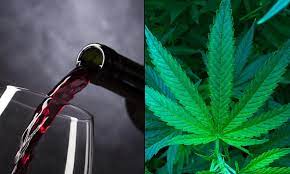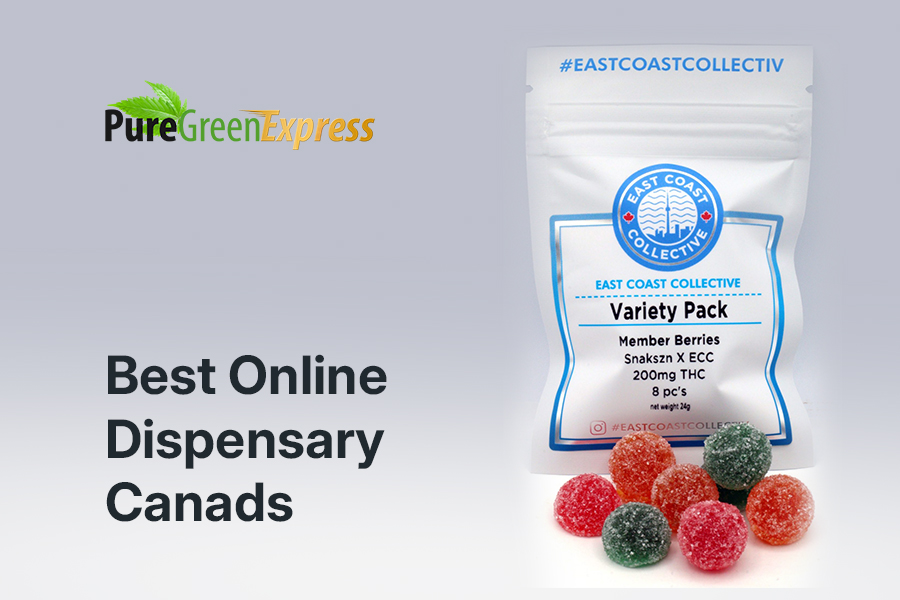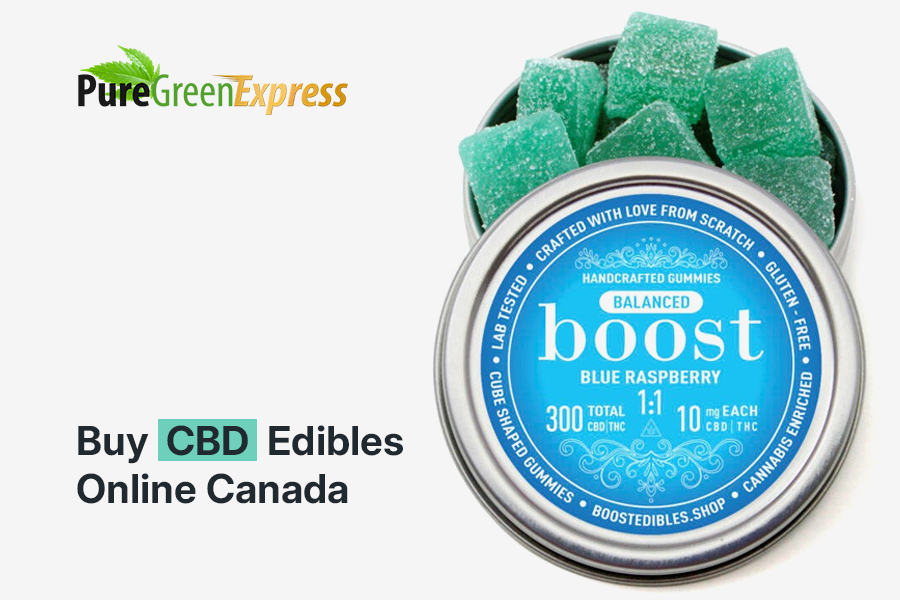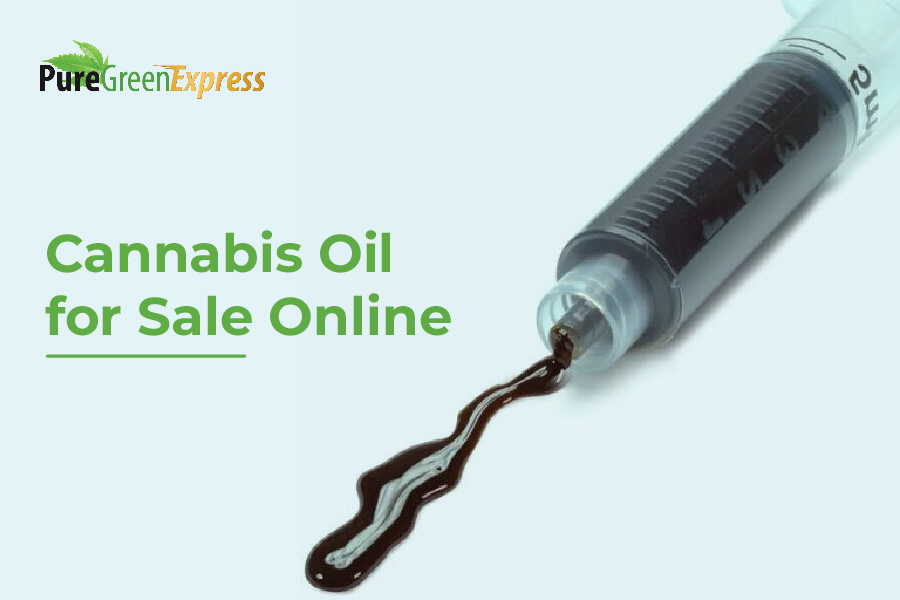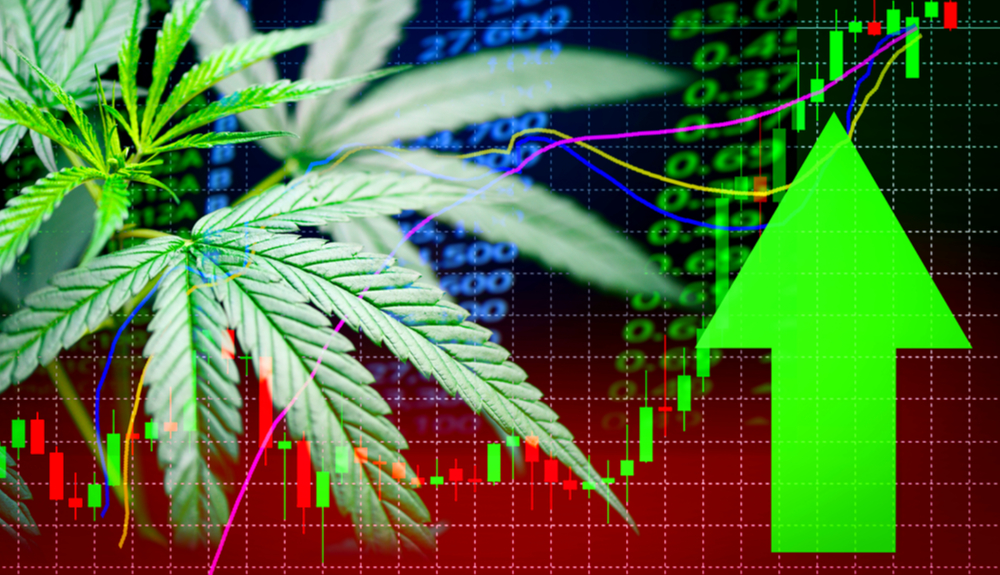
The Rising Trend: Why Millennials are Opting for Weed Over Alcohol
Green is the new black, and cannabis is taking center stage. Gone are the days of boozy nights and pounding headaches; millennials have ushered in a rising trend that has left alcohol shaken – and stirred. In this intriguing blog post, we uncover why the younger generation is trading shots for joints, exploring the myriad reasons behind their preference for weed over alcohol. So grab your favourite strain from Pure Green Express, sit back, and join us on an enlightening journey into this captivating cultural shift that’s got everyone buzzing!
Introduction
The use of marijuana has been a controversial topic for decades, with various laws and regulations surrounding its usage. However, in recent years, there has been a noticeable shift in the attitudes and behaviours towards this plant, especially among the millennial generation. This demographic group, born between 1981 and 1996, is known for their progressive mindset and openness to new experiences. As a result, there has been a growing trend of millennials choosing weed over alcohol as their recreational substance of choice. Keep reading to find out what is contributing to this massive shift.
Why millennials are choosing weed over alcohol
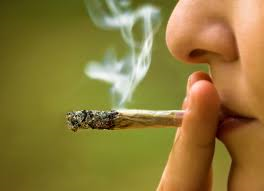 Millennials, also known as the generation born between 1981 and 1996, have been making headlines for their shifting preferences in terms of substance use. While alcohol has long been the go-to choice for socializing and unwinding, there has been a noticeable rise in millennial’s preference for the opposite. This trend is not just a coincidence but a result of various factors contributing to this massive shift.
Millennials, also known as the generation born between 1981 and 1996, have been making headlines for their shifting preferences in terms of substance use. While alcohol has long been the go-to choice for socializing and unwinding, there has been a noticeable rise in millennial’s preference for the opposite. This trend is not just a coincidence but a result of various factors contributing to this massive shift.
- Cost Effective: One of the primary reasons why millennials are choosing weed over alcohol is the price tags. With rising living costs and student debt being major concerns for this generation, many find it difficult to justify spending their hard-earned money on expensive drinks at bars or clubs. In comparison, purchasing weed can be significantly cheaper, especially when bought in bulk or shared with friends. This makes it an attractive option for those looking to relax without breaking the bank.
- Health and Lifestyle: A significant factor driving this trend is the health benefits that cannabis provides. Marijuana has quickly gained well-deserved recognition for having medical properties that help alleviate the symptoms of various conditions such as chronic pain, anxiety disorders, and even epilepsy. As the younger generations begin to prioritize self-care and holistic wellness practices, they are more likely to turn towards cannabis as a natural alternative to prescription drugs or excessive drinking. Not only this, but the growing awareness of the harmful effects of excessive alcohol consumption has led millennials to view weed as a safer alternative with fewer negative consequences.
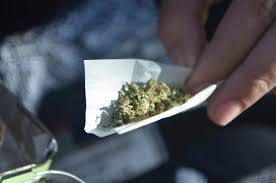 Public Opinion: Social media plays an integral role in shaping societal norms and behaviours among millennials, with platforms like Instagram and Twitter being flooded with influencers openly promoting cannabis use and normalizing it as part of everyday life. This exposure has made marijuana more socially acceptable as it is no longer seen as a taboo subject and accurate information is more accessible to young adults.
Public Opinion: Social media plays an integral role in shaping societal norms and behaviours among millennials, with platforms like Instagram and Twitter being flooded with influencers openly promoting cannabis use and normalizing it as part of everyday life. This exposure has made marijuana more socially acceptable as it is no longer seen as a taboo subject and accurate information is more accessible to young adults.- Legalization: A big reason why there may have been such a large surge in alcohol consumption is simply because it’s more accessible now. With Canada and many states legalizing this natural medicine for recreational purposes, ordering from an online dispensary such as puregreenexpress.co is easier than ever.
New Frontier Data, millennial cannabis use has increased by 58% since 2008. in comparison, alcohol consumption among this age group has decreased by 22%.
Gallup, 33% of young adults aged between 18-29 reported using marijuana within the past year, while only 22% reported consuming alcohol.
Comparison between the cost and health benefits of weed versus alcohol
When it comes to the debate between weed and alcohol, one of the most important aspects to consider is the cost. Both substances have their own costs both mental and financial, but how do they compare?
Cost Comparison:
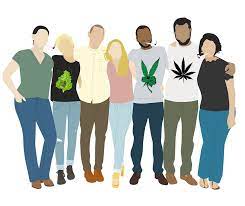 On average, alcohol tends to be more expensive than weed. This is due to various factors, such as production costs, taxes, and marketing expenses. According to a study by Business Insider, the average cost for a six-pack of beer in the United States is $9.22 and $13 in Canada. At the same time, an ounce of high-quality weed can range from $100-300 depending on location and quality.
On average, alcohol tends to be more expensive than weed. This is due to various factors, such as production costs, taxes, and marketing expenses. According to a study by Business Insider, the average cost for a six-pack of beer in the United States is $9.22 and $13 in Canada. At the same time, an ounce of high-quality weed can range from $100-300 depending on location and quality.
An ounce of weed can last a fairly long time regardless of how much you smoke while a six pack may only last for one day. On top of that, frequently drinking alcohol leads to a higher tolerance, which means that they will need to consume more over time to get the same result. This ultimately translates into higher costs for regular drinkers. On the other hand, marijuana users tend to develop a lower tolerance over time which means that they can achieve the same effects with smaller doses.
Health Benefits:
While both substances have potential health risks when consumed excessively or irresponsibly, there are also some notable differences in terms of their health benefits.
Alcohol has long been known for its negative effects on physical and mental health. Heavy drinking has been linked to liver damage, heart disease, brain damage (including memory loss), depression, anxiety and various forms of cancer such as breast cancer and throat cancer.
In contrast, studies have shown that in contrast, studies have shown that cannabis can have various health benefits. It has been used to alleviate symptoms of chronic pain, seizures, glaucoma, and multiple sclerosis. Additionally, CBD (a compound found in cannabis) has been shown to have anti-inflammatory and neuroprotective properties, making it a potential treatment for conditions such as Parkinson’s disease and Alzheimer’s.
Conclusion
There is such a vast set of reasons why millennials are choosing to consume weed over alcohol. From health benefits to social acceptance, this trend is on the rise and shows no signs of stopping. With future generations set on making this world better, we can only expect to see this trend continue.
